The Vancouver Tax – A Step in the Right Direction

Bubbles have quite a few things in common, but housing bubbles have a spectacular thing in common, and that is every one of them is considered unique and different.
– Jeremy Grantham
This post has been re-written based on a post made in 2016.
Since its implementation in August of 2016, British Columbia’s Bill 28 – which initially included a 15% tax on foreigners buying property in Vancouver, as well as a 1% vacancy tax for homes purchased (largely) by foreignors and left empty – had successfully reduced the vacancy rate by 15% in 2018, as well as produced revenues of $102M in its first year, for the Foreign Buyer’s Tax, and $39.7M to date for the Vacancy Tax. The Foreign Buyer’s tax went to 20% in 2018, and the Vacancy Tax wil go t0 1.25% this year (2020)1)See Canadian Press, November 28, 2019: Vancouver raising empty homes tax by 25%. Accessed July 8, 2020..
Revenues are great for flourishing, and occupied houses are good for neighbourhoods, so we are very happy to see this, but has the core issue of available, affordable housing for Canadians been met with these taxes?
Let’s lay out the issues.
Excellent urban planning is critical to the quality of life in any city. The key elements of urban planning – broadly including housing, public transportation, public spaces, density, amenities such as cultural and recreational centers, parks, schools and universities, shops, restaurants, and bars – need to be skillfully blended together to create this quality and to enhance flourishing for everyone living in the city, at every socioeconomic level.
And housing affordability is always an issue in cities. But this is particularly so in Vancouver which – as all Canadians know – has always ranked within the top 5 cities in the world for quality of life, and has often ranked number 1.
But foreign buyers in many cases have another objective in mind than to live in a great city: they view property as a store of value in a volatile world.
This is a problem. In Economics, we have something called the Monetary Trilemma. The basic idea is that it’s impossible to have all three of the following at the same time:
- A fixed foreign exchange rate
- Free capital movement (absence of capital controls)
- An independent monetary policy
The Trilemma is relevant here because it shows that you cannot achieve more policy objectives than you have levers. In the Monetary Trilemma, we have 3 policy objectives and only 2 levers, so it’s not possible to achieve them all.
For the case of Vancouver, it’s not possible to have an urban policy that simultaneously achieves:
- High quality of life
- Affordable housing for those who want to live there
- Store of value for anyone (globally) who desires to use the Vancouver property market for this purpose
Specifically, Canada and Vancouver are rightly regarded as highly stable economies operating under the strict rule of law. China does not fulfill these conditions, so a Chinese resident looking to diversify their wealth will naturally look to Vancouver (and to Canada, generally) as a place to store wealth. And because (i) there are many, many more Chinese with wealth than there are properties in Vancouver and (ii) those looking for a store of wealth are much more concerned with preservation of wealth than increased value, there is a predictable result that Vancouver had experienced up to 2016: an explosion in housing prices and an affordability crisis.

Figure 1: Chart Showing Vancouver Housing Prices vs. BC Weekly Wages from 1977 to 2011. Source: Vancouver Real Estate Anecdote Archive, CMHC. Accessed July 8, 2020.
And Vancouver is not the only city suffering from the Trilemma. Hong Kong, Sydney, and Auckland all suffer from an influx of capital buying property that affects the local population’s access to affordable housing. Basically, wealthy outsiders can outbid the locals.
And it’s not just bidding up prices. Another problem with foreign ownership is that the foreign owners are often absent. And this has a strongly negative effect on neighbourhoods. You might be forgiven for thinking one of the world’s most famous neighbourhoods – Chelsea, in London – is a vibrant part of the what is arguably the world’s greatest city. It is not. Chelsea real estate is priced in a stratosphere not accessible to normal Londoners, and a very high proportion of the property is owned by foreigners from oil-rich countries – Russia being perhaps the most prominent. But when the owners are there infrequently, the neighbourhood dies, and restaurants and shops shut their doors.2)See Ed Cumming. The Guardian: It’s like a ghost town’: lights go out as foreign owners desert London homes. Accessed July 8, 2020.
Vancouver, too, has suffered from absentee owners reducing the vibrancy of some neighbourhoods.3)For example, see Mark Hasiuk. The Vancouver Courier: Chinese investors shutter Vancouver neighbourhood while apologists cry ‘racism‘. Accessed July 8, 2020.
So, allowing the third dimension of Vancouver’s housing trilemma to be fulfilled has left the other 2 policy goals to suffer.
But flourishing requires that in making these tradeoffs the first 2 dimensions should take precedence. After all, we make policy for Canadian citizens and residents.4)See Matt Meuse. CBC News British Columbia: 9 in 10 Vancouverites support foreign home-buyers’ tax, poll finds. Accessed July 8, 2020.
Since the implementation of Bill 28, housing prices in Vancouver have seen only modest declines (and for a number of reasons, having declined not at all by the end of the first year),5)See Rita Verma, “What is the Foreign Buyer’s Tax and How Has It Affected Canada?”, at RankMyAgent: https://rankmyagent.com/realestate/what-is-the-foreign-buyers-tax-and-how-has-it-affected-canada/. Accessed July 8, 2020., and although by 2017 approximately half of the homes that were re-populated had been place back on the rental market, it is unlcear what the rent amounts are for those properties. So, revenues have been high but affordable housing only modestly improved. In 2019, upon making the decision to increase the Empty Homes Tax to 1.25%, Mayor Kennedy Stewart said he had “directed staff to use additional revenue from the tax hike starting in 2020 to strengthen efforts to provide affordable housing for households with an annual income of less than $50.000.00.”6)cf Note 1. Accessed July 8, 2020. So, one wonders what the revenues to date have been used to accomplish.
Bill 28 has been a start to addressing a difficult issue, but more work will be needed.
Photo: Adrian Farcas. Flickr Creative Commons License.
Footnotes
| 1. | ↑ | See Canadian Press, November 28, 2019: Vancouver raising empty homes tax by 25%. Accessed July 8, 2020. |
| 2. | ↑ | See Ed Cumming. The Guardian: It’s like a ghost town’: lights go out as foreign owners desert London homes. Accessed July 8, 2020. |
| 3. | ↑ | For example, see Mark Hasiuk. The Vancouver Courier: Chinese investors shutter Vancouver neighbourhood while apologists cry ‘racism‘. Accessed July 8, 2020. |
| 4. | ↑ | See Matt Meuse. CBC News British Columbia: 9 in 10 Vancouverites support foreign home-buyers’ tax, poll finds. Accessed July 8, 2020. |
| 5. | ↑ | See Rita Verma, “What is the Foreign Buyer’s Tax and How Has It Affected Canada?”, at RankMyAgent: https://rankmyagent.com/realestate/what-is-the-foreign-buyers-tax-and-how-has-it-affected-canada/. Accessed July 8, 2020. |
| 6. | ↑ | cf Note 1. Accessed July 8, 2020. |

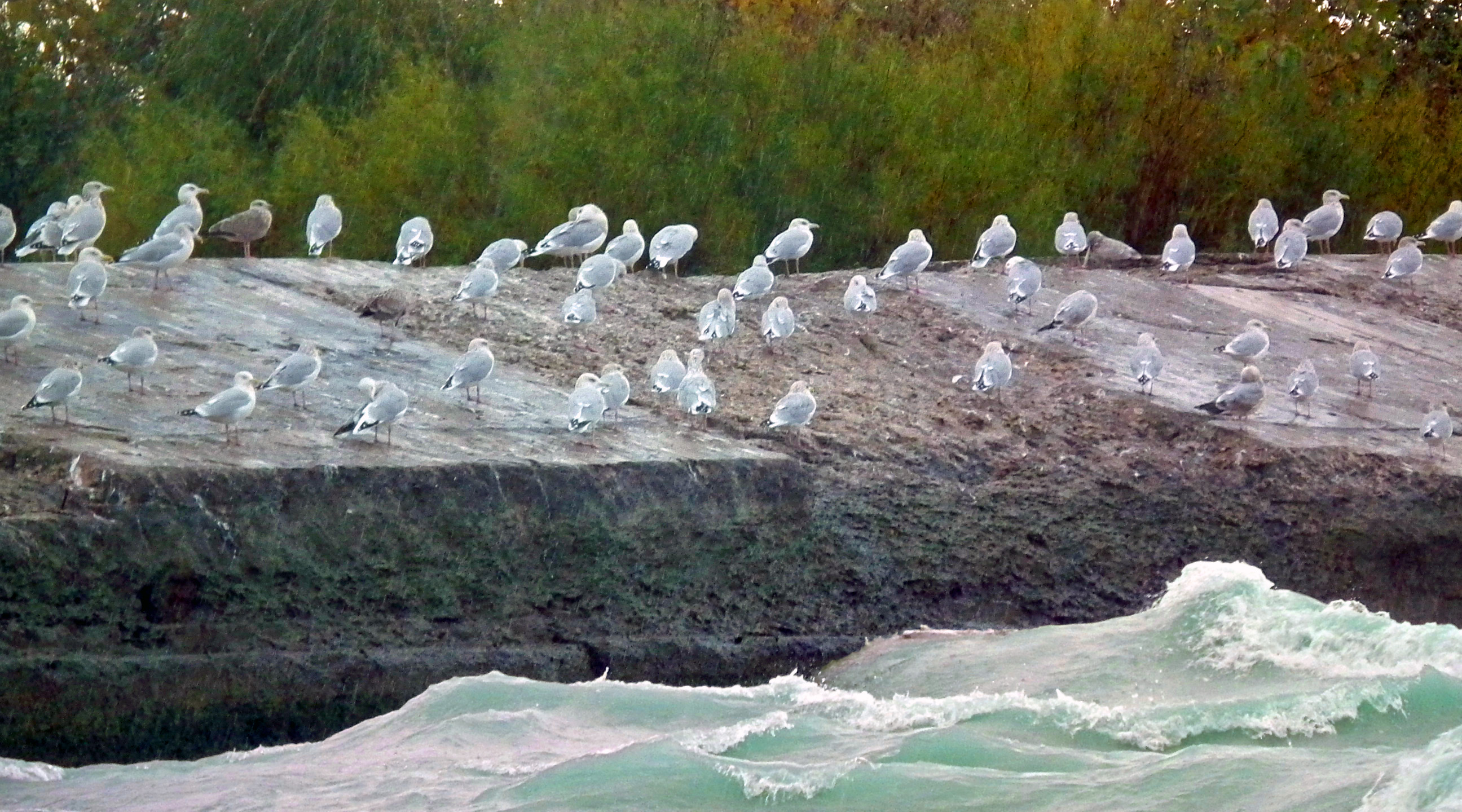

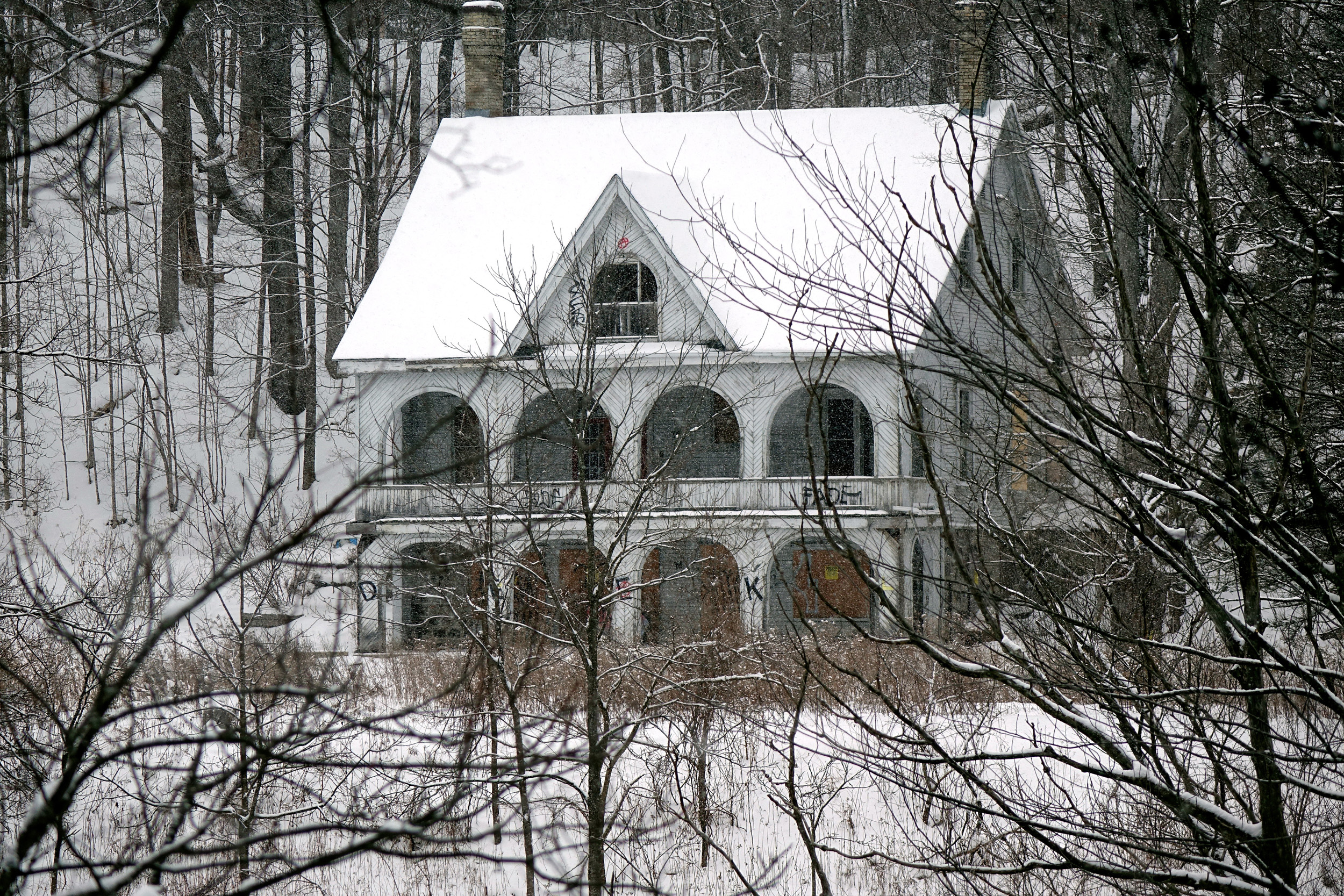
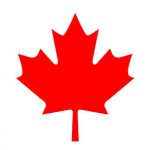 Beyond GDP: Lessons for Redefining Progress in Canadian Food System Policy
Beyond GDP: Lessons for Redefining Progress in Canadian Food System Policy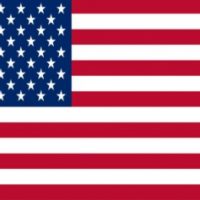 The Toxicity of a Hyper-Competitive Work Environment
The Toxicity of a Hyper-Competitive Work Environment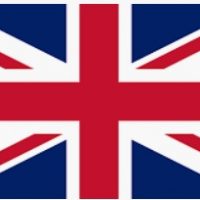 Universal basic income can be the worst of all worlds - but ‘free money’ schemes do work
Universal basic income can be the worst of all worlds - but ‘free money’ schemes do work Correcting Capitalism: Changing Metrics and Meanings of Work among Japanese Employees
Correcting Capitalism: Changing Metrics and Meanings of Work among Japanese Employees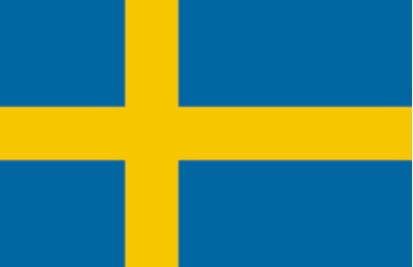 Loneliness During the Covid-19 Pandemic
Loneliness During the Covid-19 Pandemic